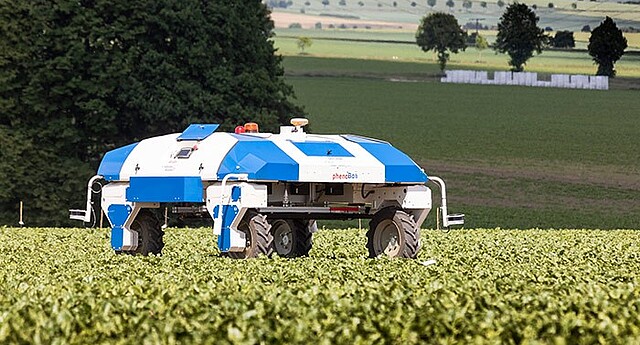Sebastian H. Vogt1 Guy Weyens2 Marc Lefèbvre2 Bettina Bork3 Axel Schechert3 Andreas E. Müller1*†
- 1Plant Breeding Institute, Christian-Albrechts-University of Kiel, Kiel, Germany
- 2SESVanderHave N.V., Tienen, Belgium
- 3Strube Research GmbH & Co. KG, Söllingen, Germany
Many plant species in temperate climate regions require vernalization over winter to initiate flowering. Flowering Locus C (FLC) and FLC-like genes are key regulators of vernalization requirement and growth habit in winter-annual and perennial Brassicaceae. In the biennial crop species Beta vulgaris ssp. vulgaris in the evolutionarily distant Caryophyllales clade of core eudicots growth habit and bolting time are controlled by the vernalization and photoperiod response gene BTC1 and the downstream BvFT1-BvFT2 module. B. vulgaris also contains a vernalization-responsive FLC homolog (BvFL1). Here, to further elucidate the regulation of vernalization response and growth habit in beet, we functionally characterized BvFL1 by RNAi and over-expression in transgenic plants. BvFL1 RNAi neither eliminated the requirement for vernalization of biennial beets nor had a major effect on bolting time after vernalization. Over-expression of BvFL1 resulted in a moderate late-bolting phenotype, with bolting after vernalization being delayed by approximately 1 week. By contrast, RNAi-induced down-regulation of the BvFT1-BvFT2 module led to a strong delay in bolting after vernalization by several weeks. The data demonstrate for the first time that an FLC homolog does not play a major role in the control of vernalization response in a dicot species outside the Brassicaceae.
Click here for full article.






